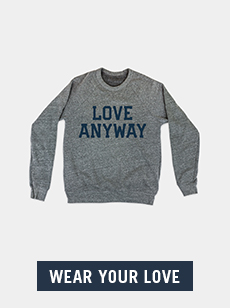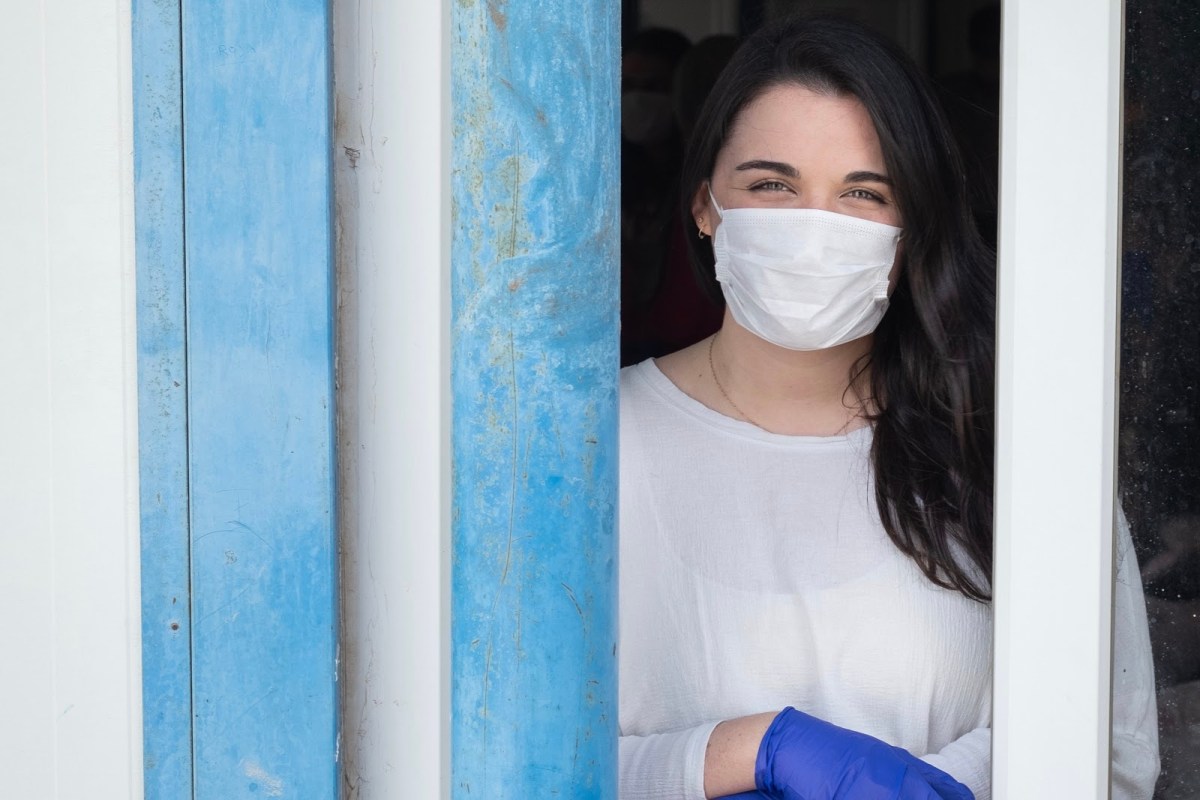We know many of us are divided right now, especially politically. This doesn’t come as a surprise to anyone. But for many, the divides are deepening, and sides are growing increasingly entrenched along two main, simplified viewpoints: to open businesses and loosen restrictions put in place to slow the spread of the coronavirus, or to continue with social distancing and flattening the curve—reducing tracked infection rates.
Our physical well being or our economic well being?
It can be easy to write off the other side, to dismiss their viewpoint. But no matter which “side” you’re on, consider that you might not fully understand the motivations or reasons behind the other.
And the first step to trying to heal what divides us? Listening and seeking to understand.
So let’s look at both sides and consider what we might be missing.
Reopen the Economy
Those who want to reopen businesses and start the economy back up are accused of not taking the virus seriously, and valuing money over human life.
But consider this…
Some people haven’t been able to work for up to 6 weeks. Maybe they got a stimulus check, or maybe they’re still waiting for theirs to come in the mail—that’s up to 20 million people as of May 12. Or maybe they didn’t get a check at all.
Some haven’t been able to qualify for any government assistance. They are desperate for money to buy groceries, to pay their bills. They have no safety net, no emergency savings.
Some have essential jobs as well as kids who are out of school. They have to choose between staying home to care for their kids or going to work and earning an income.
They need childcare options to open up again. They need a chance to work. They don’t know how they’re going to provide for their families.
Some have spent their entire lives and savings building a business. They don’t know if it will survive the extended closure. And if it doesn’t, they don’t know what they will do next. They’ve invested everything into their restaurant, salon, shop, or company. They don’t know if they—or the employees who rely on them—will have jobs to come back to.
Some might not want to reopen yet, but because their competitors are, they know they’ll be doomed if they don’t reopen, too.
They’re weighing the effects of the virus against the needs of their family. They’re not choosing money over people. They’re doing their best to care for and provide for their family.
Stay Home, Save Lives

Those who believe we should continue sheltering in place are accused of being too cautious, too fearful, too restrictive of others’ liberty.
But consider this…
Some people have loved ones at home with underlying or unseen health conditions like diabetes or asthma. For them, the virus is a very real and very scary threat for their child, their partner, their grandparent, their best friend… or themselves.
Some work in essential jobs. They’re doing what they can to keep stores operating and shelves stocked. They’re providing lifesaving healthcare—often at great personal sacrifice.
But they know that the more COVID-19 spreads, the more at risk they are, on the frontlines. That puts their families more at risk, too. And all the people they serve.
Some have lost a loved one to COVID-19. Some have lost more than one loved one.
They’re grieving and scared. They’ve seen firsthand how the virus can ravage communities, how it can attack and kill even the healthiest. They don’t want to lose anyone else.
And some want to stay home with their families, but they still want to use grocery pickup and Amazon delivery and curbside services. They know some people need to work so that food distribution and essential services are available—they just want to keep the number small.
They’re not trying to take away anyone’s liberty or ruin anyone’s business. But they see vulnerabilities that others miss—in their family, their neighborhood, their community. And they are desperate to protect them.
We don’t all have to agree—we probably won’t, anyway.
But before you label someone simply because they hold a different view than you, stop to consider why. Listen. Ask questions. And hold space for the fact that someone not agreeing with you doesn’t change their worth, their value.
COVID-19 can be something that brings us together, that teaches us to care for each other, to listen to each other, to hold space for one another and appreciate each other. Or it can be another in a long list of polarizing moments that drive us further apart, that pit us against each other, that label us and divide us.
There’s a better way. And it starts with us.


